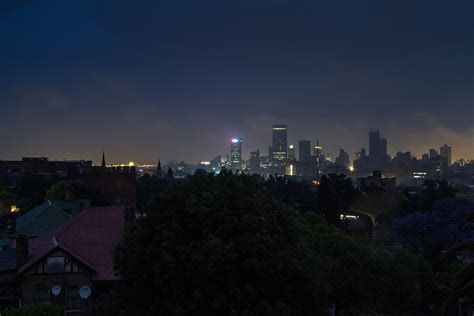Opposition politicians and South Africa’s biggest labour union say they’re readying a lawsuit against the head of Eskom and a government official that oversees it as blackouts cripple the nation.
The co-called demand letter, which pledges a lawsuit if the government doesn’t take certain steps in the coming days, further ratchets up pressure on President Cyril Ramaphosa. The crisis already prompted him to cancel a trip to the World Economic Forum in Davos to hold meetings at home with business and labour leaders.
The letter demands that Eskom CEO André de Ruyter and public enterprises minister Pravin Gordhan end the power cuts, or come up with a timetable to do so and reverse the almost 19% tariff increase awarded to the utility. If they don’t agree to do so by 20 January, they will face legal action, seeking relief for the damage caused by the outages by 23 January, the document said.
South Africans are currently suffering about 10 hours of power cuts daily. Last year there were blackouts on 205 days as a result of Eskom’s inability to efficiently run its aging fleet of coal-fired plants.
The demand letter’s signatories include the United Democratic Movement, Build One South Africa and the Inkatha Freedom Party, as well as the National Union of Metalworkers of South Africa. Irvin Jim, the general secretary of that 338 000-member labour group, confirmed the document had been sent.
“The South African economy is predicted to show a radical decline,” the groups said in the letter, which detailed the impact on everything from businesses to schools and hospitals. We demand “that the state will commit to compensate everyone who has suffered quantifiable financial losses because of load shedding”, they said.
Representatives for Eskom didn’t immediately respond to text messages and e-mails seeking comment, and a spokesman for Gordhan, the minister that oversees public enterprises, said he would respond on Tuesday.
Reversing gains
During Monday’s meeting, labour leaders told the president that the outages risked reversing recent gains in economic recovery and employment, according to people familiar with discussions, who asked not to be identified because the meetings were private. Officials didn’t offer any significant new ideas to resolve the crisis, said the people.
Ramaphosa’s spokesman, Vincent Magwenya, said the talks were largely constructive. “Business and labour came forward with ideas, concerns and an overwhelming desire to work closely with government in finding solutions to the current energy crisis,” Magwenya said in a statement responding to queries about the meeting.
Meanwhile, Eskom’s board said at the meeting the utility would be able to raise the average proportion of Eskom’s generating capacity available to produce electricity to 65% by the end of next year and 70% the year after, from about half now, the people said. — (c) 2023 Bloomberg LP
OneForumNews1

















0 Comments